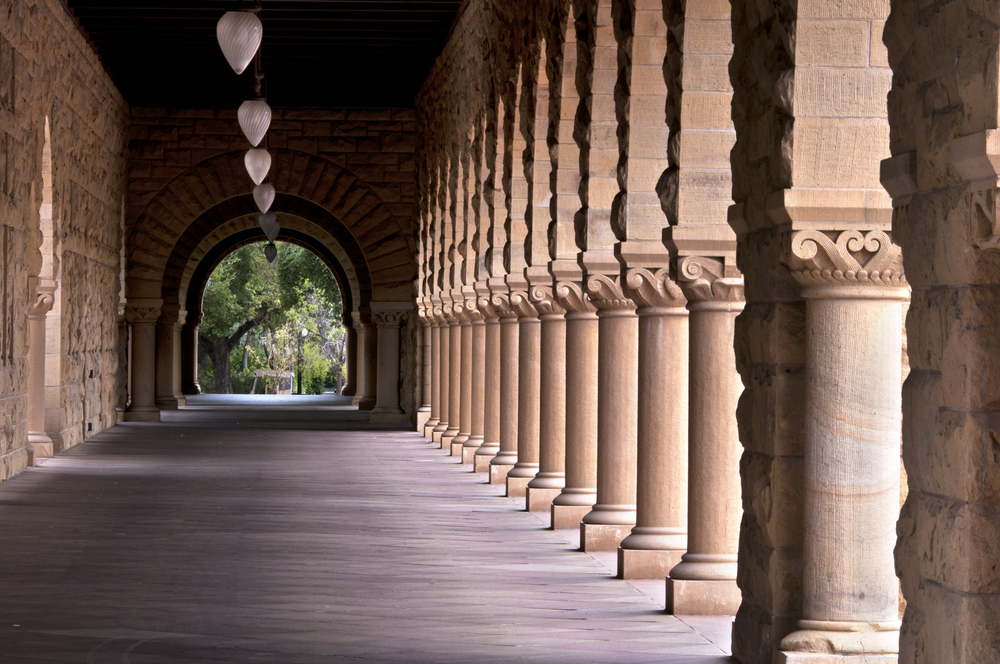In What’s Wrong with the World, G.K. Chesterton said, “The future is a blank wall on which every man can write his own name as large as he likes; the past I find already covered with illegible scribbles, such as Plato, Isaiah, Shakespeare, Michael Angelo, Napoleon. I can make the future as narrow as myself; the past is obliged to be as broad and turbulent as humanity. And the upshot of this modern attitude is really this: that men invent new ideals because they dare not attempt old ideals. They look forward with enthusiasm, because they are afraid to look back.”
I find Chesterton illuminating and prophetic as he critiques the modern who sees the blank wall in front of him because he dares not attempt or wrestle with what has come before. But, I also see in Chesterton’s words a caution for all of us classical Christian educators, to give due respect to the past as we look with anticipation toward the opportunities and possibilities in front of us.
There are two things that come to mind as I consider Chesterton’s insight about the future. First, is the “modern attitude,” as Chesterton calls it. He states that “men invent new ideals because they dare not attempt old ideals.” Although he was not necessarily talking about education, the principle certainly applies. The perpetual fallacy that progressives make when approaching education is what I call the “rearview mirror” fallacy. Ken Robinson, in his popular TED talk, Changing Educational Paradigms, emphatically states, “We can’t look in the rearview mirror to develop a coherent plan for the future of education.” Robinson and many others tell us that the world is quickly changing, and so we must re-imagine what future schooling looks like to meet the needs of the 21st century. However, Robinson readily admits he has no idea what the future will actually look like.
C.S. Lewis would call these moderns progressives snobs, committed to the supposition that the latest innovations represent the best of ideas in a given field. However, as Chesterton said, “Real development is not leaving things behind, as on a road, but drawing life from them, as from a root.” We should not think of the past as a cage, but a catapult. A rearview mirror is essential. It provides a way for us to back up so that ultimately we can go forward. Progressives assume that all looking back is an end in itself and that the future is thus a “blank wall.” They minimize the rich tradition and history of educational thinkers in the West and as a result, assume that because the culture is different, the problems are new. They are guilty of perpetually cleaning the slate (and now they have applied this idea to the human person). Progressives have not discovered educational issues that are “new;” they have rejected the past as a meaningful path to the future. If we are going to attempt old ideals, we must understand that looking back is a necessary condition for moving forward.



